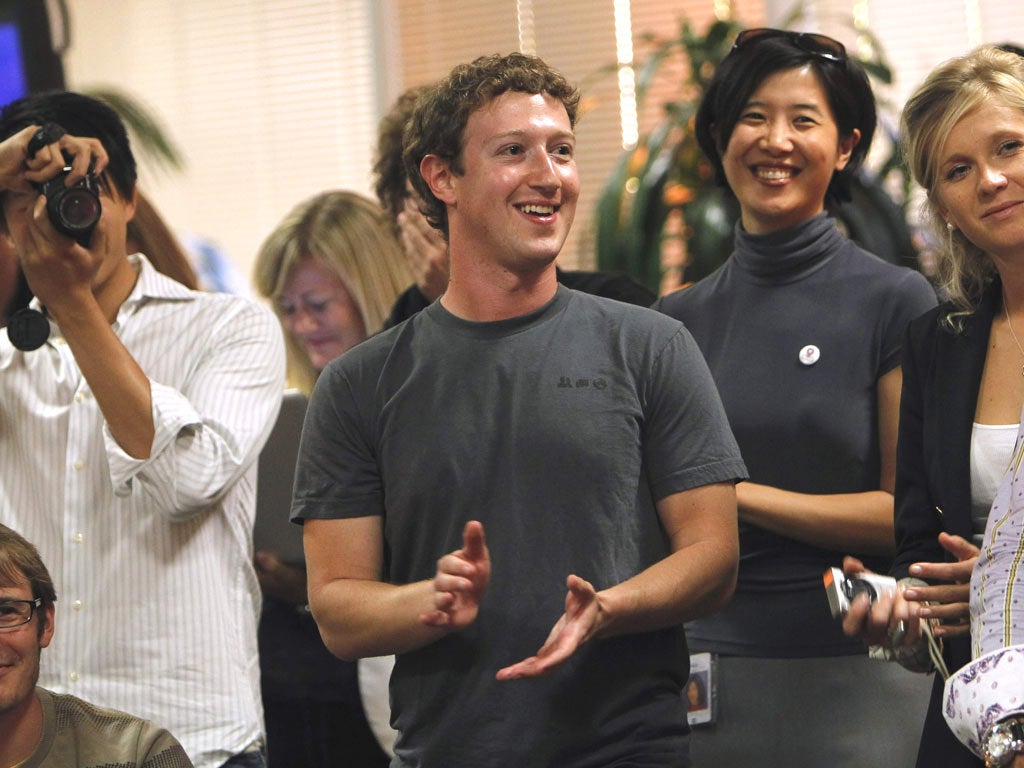How you could be the star of a Facebook advert – without giving your permission
Court case launched in US after site allows companies to feature users in adverts if they 'like' a product

Facebook members are set to become unwitting advertisers for major companies. The social-networking giant plans to start using its members' profile pages to carry corporate sponsor messages seemingly endorsed by the user, and carrying their mugshot.
Starting in the new year, so-called "sponsored stories" will appear in people's newsfeeds, the ticker tape at the centre of a Facebook profile which alerts users to what their friends are doing.
If users decide to "like" a product, their decision to do so will appear in people's personal news feed. This enables companies to pay Facebook to feature their products in a much more visible way than previously.
Facebook insists the scheme is a vital way of clawing back some of the $1bn it spends each year on development.
But the announcement will spark renewed debate over whether the company is using its 800-million strong database to endorse advertisers without giving anything back to users or seeking their permission. Some Facebook users in America have taken to the courts to contest this new method of advertising.
Last week a San Jose judge allowed plaintiffs to bring a case against Facebook in which they argued it was using their names and likenesses without authorisation and they therefore deserved a cut of the revenue. Facebook tried to have the claim thrown out but the District Judge Lucy Koh allowed the case to proceed.
"In the same way that celebrities suffer economic harm when their likeness is misappropriated for another's commercial gain without compensation, plaintiffs allege that they have been injured by Facebook's failure to compensate them for the use of their personal endorsement," she said.
Facebook said in an email statement: "We are reviewing the decision and continue to believe that the case is without merit." The case will be heard next year.
Pushing buttons: 'like' function
At the heart of the debate is Facebook's "Like" function – a button which allows users virtually to approve of a product with one click. Those approvals then appear in that person's profile page. From January, such approvals will begin appearing in people's Facebook newsfeeds. For Facebook the scheme opens up lucrative advertising rates.
Join our commenting forum
Join thought-provoking conversations, follow other Independent readers and see their replies
Comments